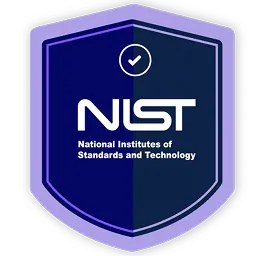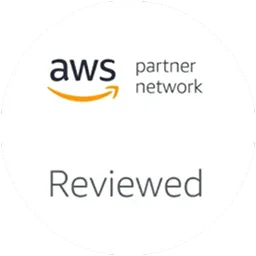Network Security tools aim to prevent devices, technologies, and processes from unauthorized data access, identity thefts, and cyber threats.
Network security prevents unauthorized access of information or misuse of the organizational network. It includes hardware and software technologies designed to protect the safety and reliability of a network and data.
Network security tools are essential to secure your organization's network to stop several threats that could damage the system and the network. It helps to monitor the network and prevent data breaches.
The network security tool can examine all the traffic across a network. Traffic monitoring helps the organization proactively identify the issues and threats before it turns into significant damage to the organization. Network security tools send real-time alerts for any unusual behavior to prevent any breaches.
Some of the benefits of Network Security Tools are:
- Network security tools will minimize the business and financial impact of any breach, as they help you stay compliant with regulations and prevent breaches.
- Network security helps your business stay compliant and provides multiple levels of security to increase the scope of your business and offer a better workplace for your employees.
- It ensures the protection of any sensitive information and data shared across the network.
Now let’s see the top 10 Network Security tools.
Best 10 Network Security Tools

1. Wireshark
Wireshark is an open-source network protocol analyzer that helps organizations capture real-time data and track, manage, and analyze network traffic even with minute details.
It allows users to view the TCP session rebuilt streams. It helps to analyze incoming and outgoing traffic to troubleshoot network problems.
Features
- Deep inspection of hundreds of protocols
- Capture real-time data and offline analysis
- It runs on multiple operating systems like Windows, Linux, macOS, etc.
- It provides color codes to each packet for quick analysis.
Pros
- Supports multiple operating systems like Windows, Linux, etc
- Easily integrates with third-party applications
Cons
- Steep learning curve
- Difficult to read the encrypted network traffic
- Lack of support
2. Nexpose
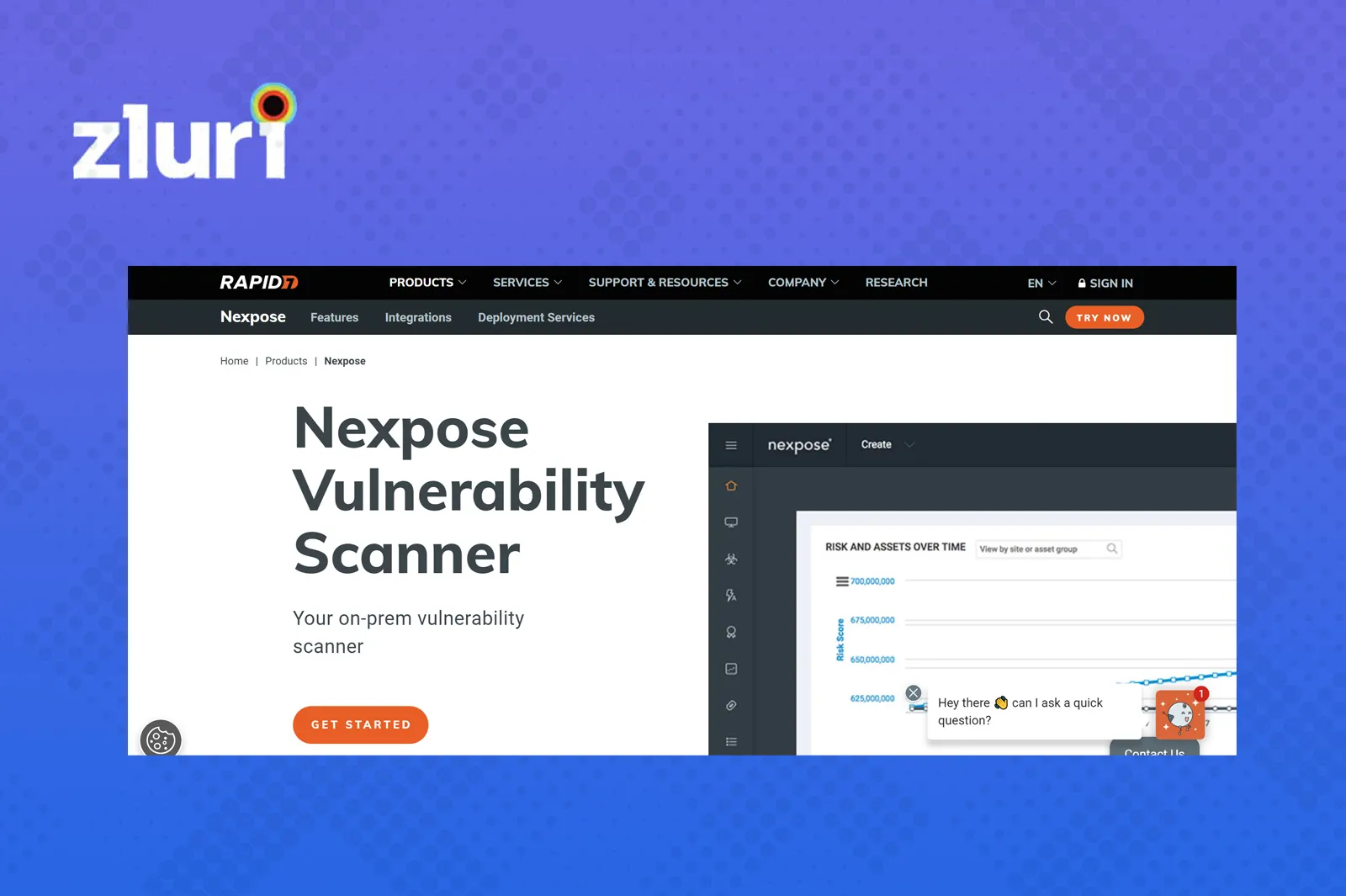
Nexpose is a network security software that provides real-time information about vulnerabilities and reduces the threats in a network. In addition, Nexpose permits the users to allot a risk score to the detected vulnerabilities so that they may be prioritized as per the security levels.
Nexpose helps IT teams to get real-time scanning of the network and detect network vulnerabilities. It also continuously refreshes and adapts to new threats in software and data.
Features
- Nexpose provides real-time network traffic.
- It provides a risk score and helps IT teams prioritize the risk as per the security levels.
- It shows the IT teams different actions they can take immediately to reduce the risk.
Pros
- Easy to use
- In-depth scanning of network vulnerabilities.
Cons
- No domain-based authentication for Linux devices
- Lack of customer support
3. Splunk

Splunk is used for monitoring network security. It provides both real-time data analysis and historical data searches.
It is a cloud-based platform that provides insights for petabyte-scale data analytics across the hybrid cloud.
Splunk’s search function makes application monitoring easy and user-friendly.
It contains a user interface to catch, index, and assemble data and generate alerts, reports, dashboards, and graphs in real-time.
Features
- Splunk attributes risk to users and systems and maps alerts to cybersecurity frameworks, and trigger alerts when the risk exceeds the threshold.
- It helps in prioritizing alerts and accelerating investigations with built-in threat intelligence.
- It helps to get automatic security content updates to stay updated with the emerging threats.
Pros
- The indexing of data is easy
- Easy to use
Cons
- Steep learning curve
4. Nagios
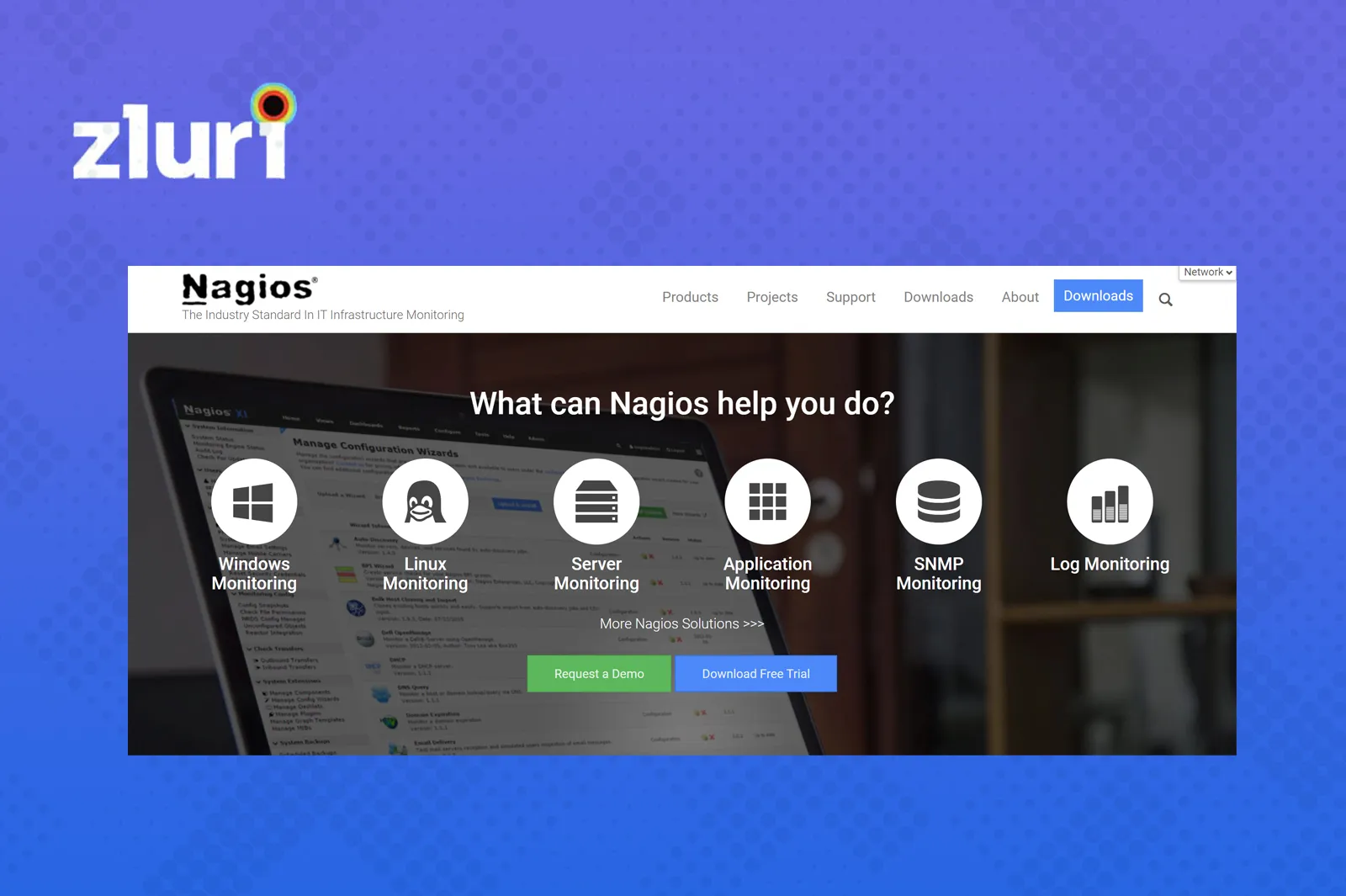
Nagios is a network security tool that helps to monitor hosts, systems, and networks. It sends alerts in real-time. You can select which specific notifications you would like to receive.
It can track network resources like HTTP, NNTP, ICMP, POP3, and SMTP. It is a free tool.
Features
- Nagios help to monitor IT infrastructure components, including system metrics, network protocols, application services, servers, and network infrastructure.
- It sends alerts when an unauthorized network is detected and provides IT admin with notice of important events.
- It provides reports which show the history of events, notifications, and alert responses for later review.
Pros
- Great tool for live monitoring
- User friendly
- Data monitoring can be tracked easily
Cons
- Limited reporting capabilities
- The system slows down while monitoring the data
5. Tor
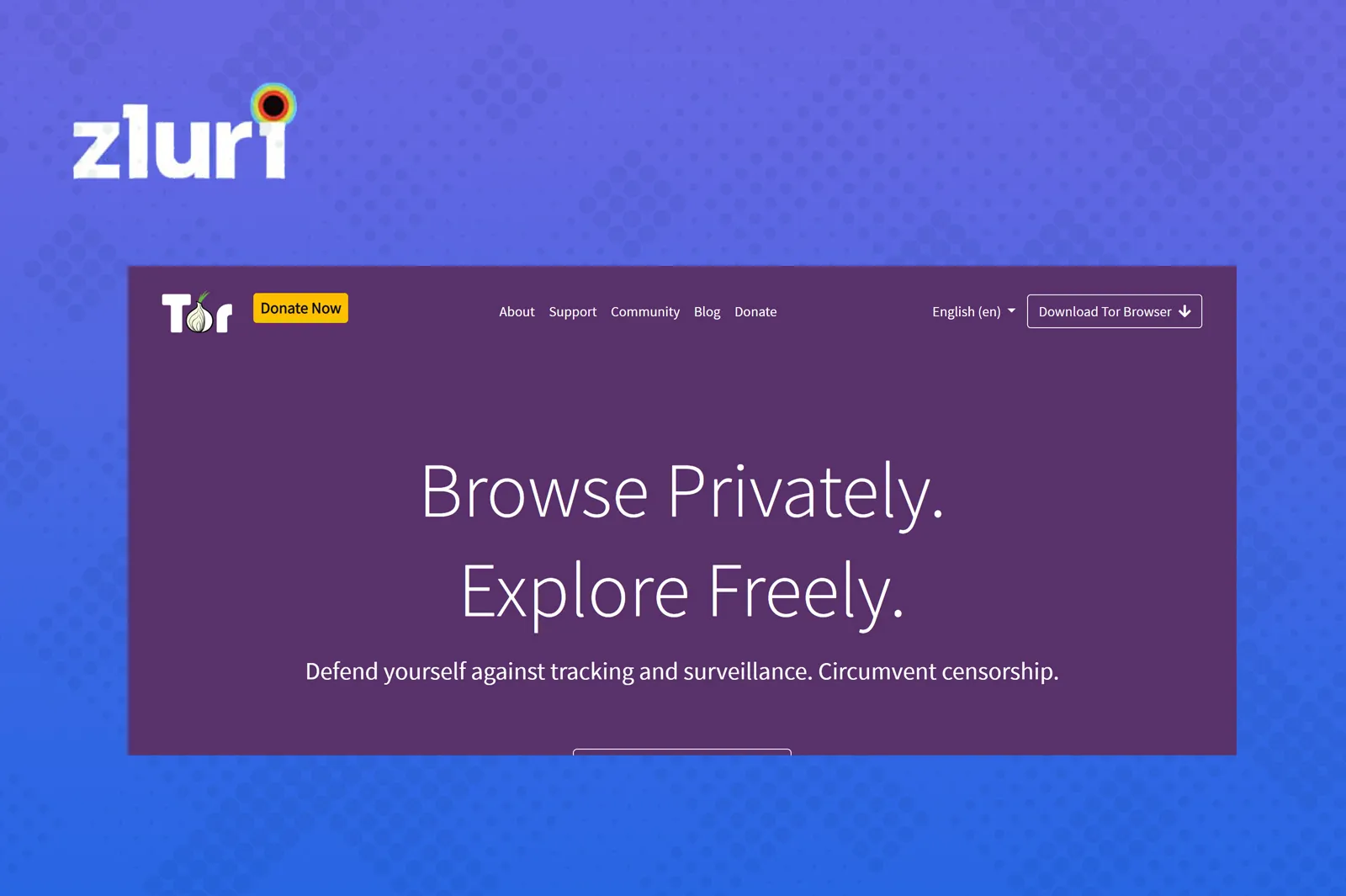
Tor is a network security tool that ensures the privacy of users while using the internet. It helps in preventing cybersecurity threats and is useful in safeguarding information security.
Tor works on the concept of onion routing, and the layers are layered one over the other similar to the onion. All the layers function smartly so that there is no need to reveal any IP and geographical location of the user. Therefore, limiting the visibility of any sites, you are visiting.
Features
- Tor software is available for Linux, Windows, as well as Mac
- It helps to block the third-party trackers, and ads can't follow you
- It prevents third-party watching your connection from knowing what websites you visit
- It aims to make all users look the same and is difficult for trackers
Pros
- It protects the online identity
- Provides a high-level privacy
- User-friendly interface
Cons
- The system gets slower during navigation
- Starting and browsing time is high
6. Nessus Professional
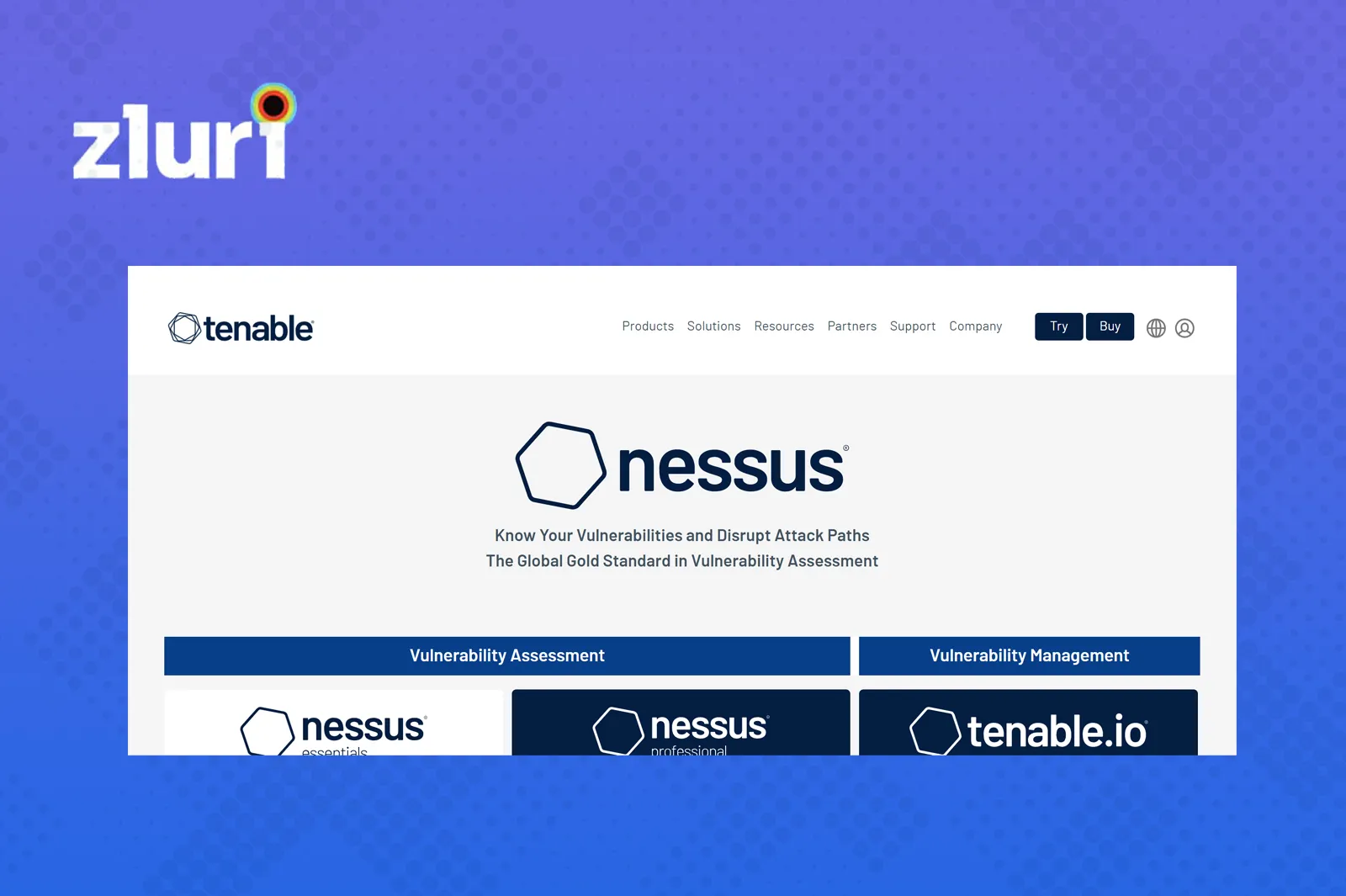
Nessus professional is a network security software that can detect vulnerabilities like software bugs and general security problems in software applications, IT devices, and operating systems and manage them appropriately.
Users can access a variety of security plug-ins as well as develop their own and scan individual computers as well as networks.
Features
- It provides customization of reports by vulnerability or hosts and creates a summary for the users.
- Sends email notifications of the scan results
- It helps meet government, regulatory, and corporate requirements
- It scans cloud applications and prevents your organization from cybersecurity threats
Pros
- It offers flexibility for developing custom solutions
- Nessus VA scan covers all standard network devices like endpoints, servers, network devices, etc.
- Provide plug-ins for many vulnerabilities
Cons
- The software slows down when you scan a large scope
- Poor customer support
7. Metasploit

Metasploit is security software that contains various tools for executing penetrating testing services. IT professionals use this tool to reach security goals such as vulnerabilities in the system, improving the computer system security, cyber defense strategies and maintaining complete security assessments.
The penetration testing tools can examine various security systems, including web-based apps, servers, networks, etc.
It allows the organization to perform security assessments and improve its overall network defenses and make them more responsive.
Features
- The tools are used to take advantage of system weaknesses
- The module encoders are used to convert codes or information
- Metasploit allows a clean exit from the target system. It has compromised
Pros
- Good support for penetration testing
- Useful to learn and understand vulnerabilities that exist in the system
- Freely available and includes all penetration testing tools
Cons
- Software updates are less frequent
- Steep learning curve
8. Kali Linux
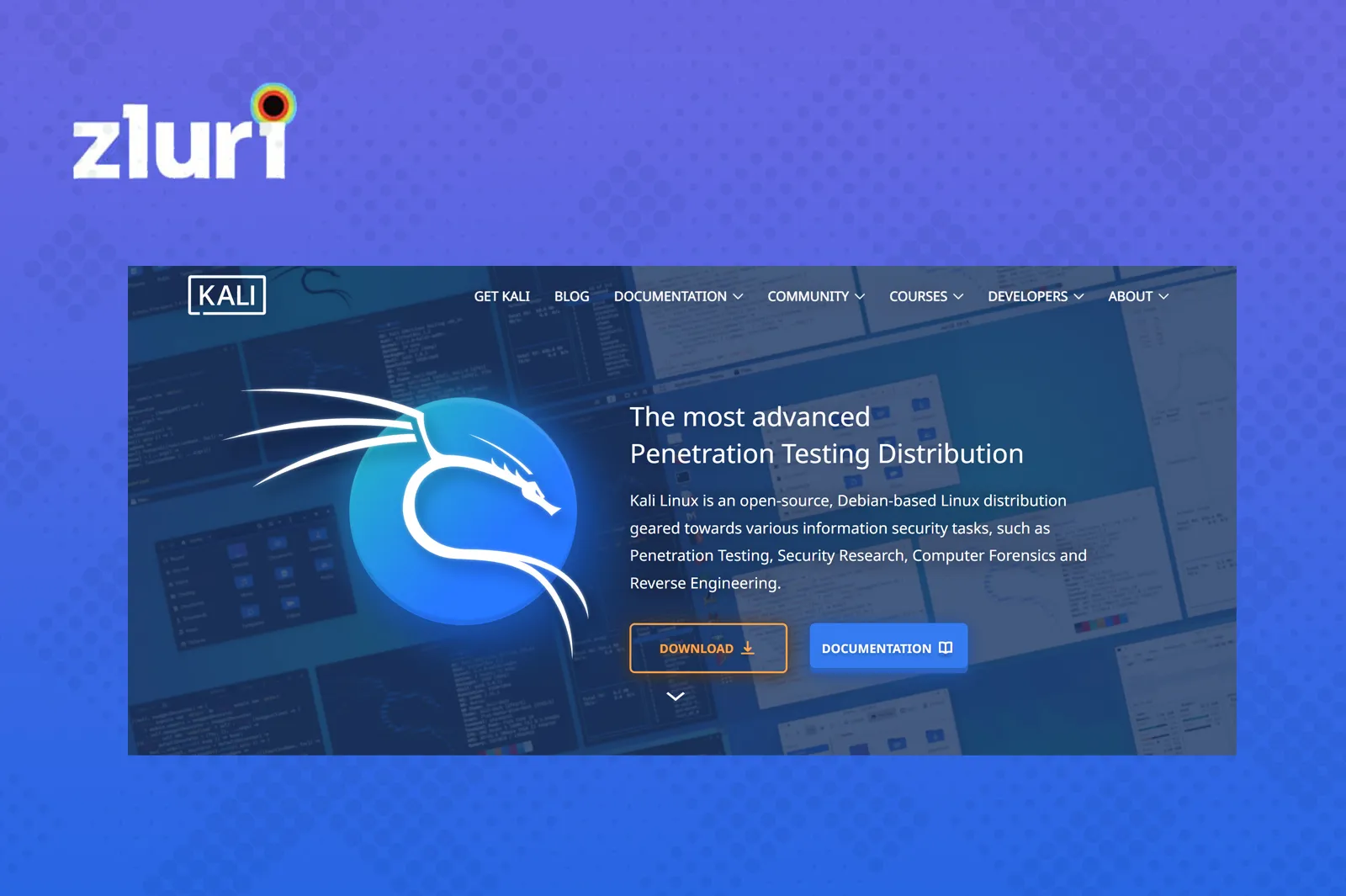
Kali Linux is a penetration testing tool used to scan IT systems and network vulnerabilities. The organization can monitor and maintain its network security systems on just one platform.
It offers a security auditing operating system and tools with more than 300 techniques to make sure that your sites and Linux servers stay safe.
Kali Linux is used by professional penetration testers, ethical hackers, cybersecurity experts, and individuals who understand the usage and value of this software.
Features
- Kali Linux comes with pre-installed tools like Nmap, Aircrack-ng, Wireshark, etc., to help with information security tasks.
- It provides multi-language support.
- It helps to generate the customized version of Kali Linux.
Pros
- Pre-installed tools are ready to use
- Simple and user-friendly interface
Cons
- Limited customization
- The installation process is complicated
9. Snort

Snort is an open-source network security tool used to scan networks and prevent any unauthorized activity in the network. IT professionals use it to track, monitor, and analyze network traffic. It helps to discover any signs of theft, unauthorized access, etc. After detection, the tool will help send alerts to the users.
Additionally, Snort is used to perform protocol analysis, detect frequent attacks on a system, look for data captured from traffic, etc.
Features
- Snort provides a real-time traffic monitor
- It provides protocol analysis
- It can be installed in any network environment
Pros
- Good for monitoring network traffic
- Good for detecting any network intrusions
Cons
- Complicated settings and configuration
- Steep learning curve
10. Forcepoint
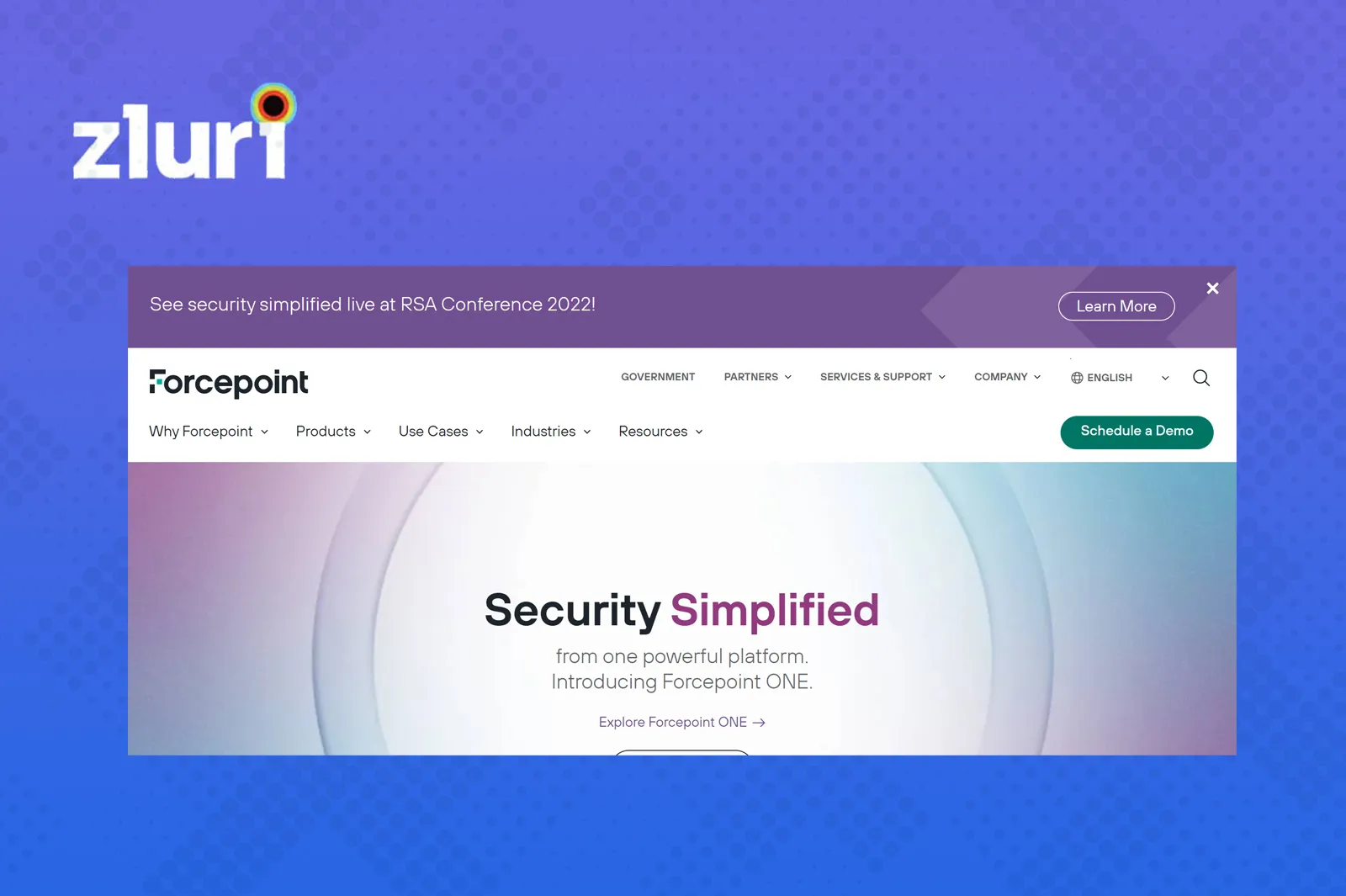
Forcepoint is a cloud-based security solution and is used to define network security, restrict users from accessing specific content and block various attempts to hack or get your organization's information.
The IT admin can customize Forcepoint to monitor and detect any unauthorized acts in a network and can take the appropriate action required. It adds an extra level of security for critical threats.
Forcepoint is majorly for the organizations working in the cloud, and it will be able to block or provide warnings about any risky cloud servers.
Features
- Forcepoint helps in monitoring any unusual cloud activities.
- It provides tracking of any suspicious behavior and sends alerts to the IT admins.
- It protects and secures data.
- It helps to limit the access of your employees within the scope of your organization.
Pros
- Good support
- Easy to set up and user-friendly interface
Cons
- Creating reports is difficult
- Less flexibility in real-time screen monitoring
Also Read: To enhance your organization’s network security, you can also go through Network security service providers, Network automation tools, Vulnerability scanning tools.









.svg)








